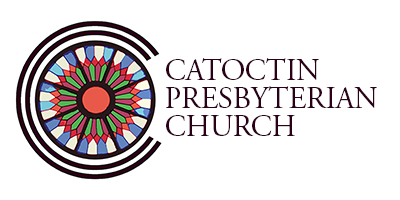Date: June 13, 2021
Bible Text: 2 Corinthians 5:1-17, Mark 4:26-34 | Rev. David A. Douthett
Jesus taught people about the Kingdom of God using parables – short, sometimes quirky stories or illustrations that often catch listeners off guard and get them to think in different ways about topic. Today we'll hear two parables about plants; one about wheat and one about mustard. Then we'll try to figure out what they mean for us now.
Notes from the Preacher
First, mea culpa. If you watch the video, I think it will be apparent that I lost my place a couple times in the middle of the sermon. This is less than ideal for both preacher and listeners. By way of explanation, not excuse, my notes are sometimes non-linear, and today that was the case; also, when I work from a particular app on my tablet, it makes paging through non-linear notes something of a challenge and it has no method for reordering pages in a document, because it's a free app; also, the bit I was looking for was in a different place on the page than what I remembered, so I was looking in the wrong place on each page I tried. So, I'm sorry if those moments were a distraction.
Because I was myself distracted by having lost my place, a few things didn't come out as clearly as hoped, I think, or as clearly as what came to mind as I was driving home. (Preacher secret: this ex post facto editing happens pretty much every week.) For example, when talking about ways that a farmer hoping for a crop would NOT treat the crops, I spoke entirely in the metaphor without giving examples of the equivalent of ways we sabotage the Kingdom of God within ourselves. While most people can draw their own conclusions of what planting competing plants among the crops might be like spiritually, I might have mentioned the ways work, entertainment, electronics, consumerism, addiction, or any number of other time-fillers take our attention away from discerning the will of God. I might also have spent some more time on that part, too, that is, how to discern the will of God, or how to let the kingdom of God grow in our lives. These again may be fairly obvious, like prayer, Bible reading and study, holy conversation among believers, and so on, but it never hurts to remind ourselves. I've heard it said somewhere that sometimes the obvious is the hardest thing to see.
Anyway, I hope those reflections add something to your reflection on the sermon today. I would welcome your comments and questions.
Grace and peace!
Pastor David
Topics: God's Will,Kingdom of Heaven,Parables

Leave A Comment